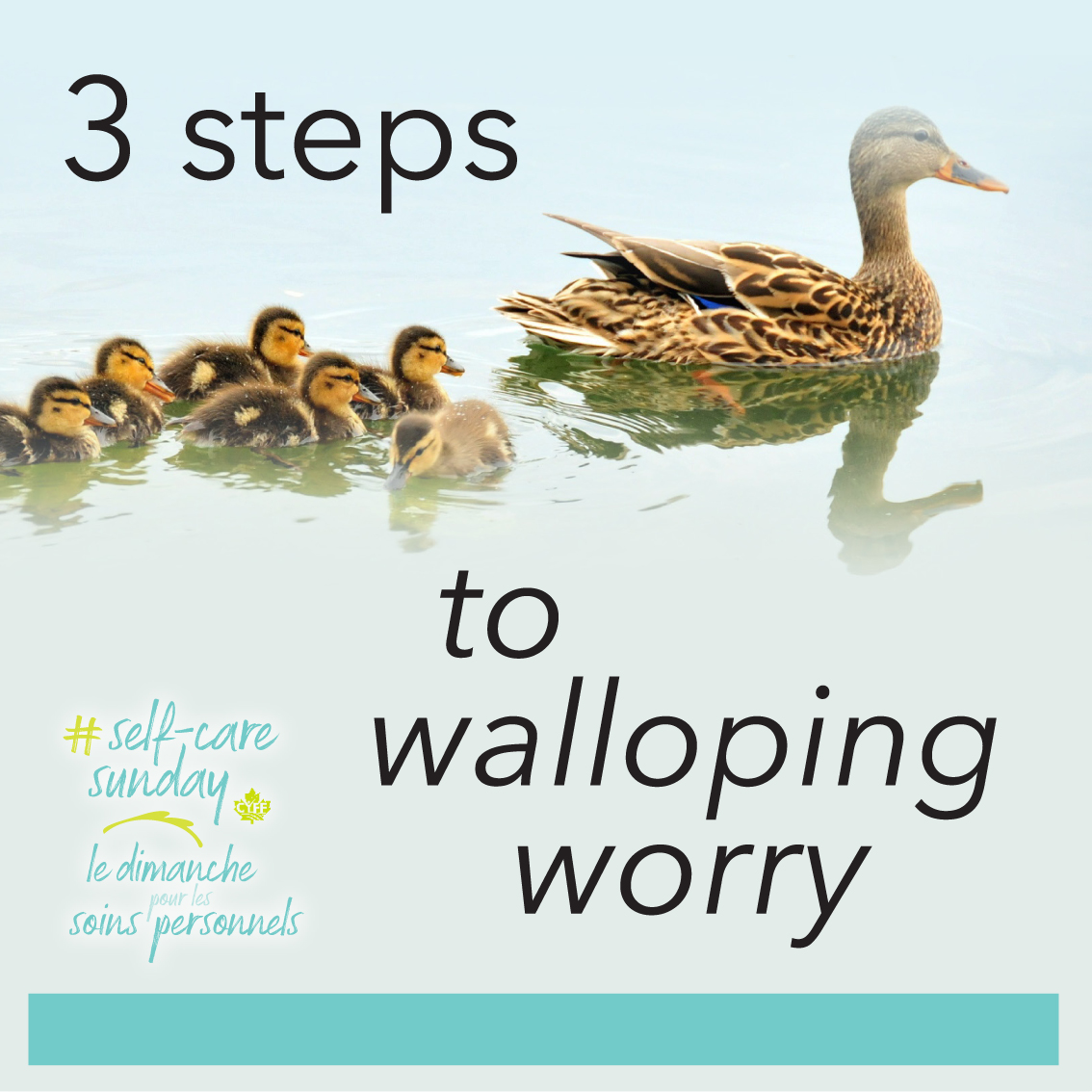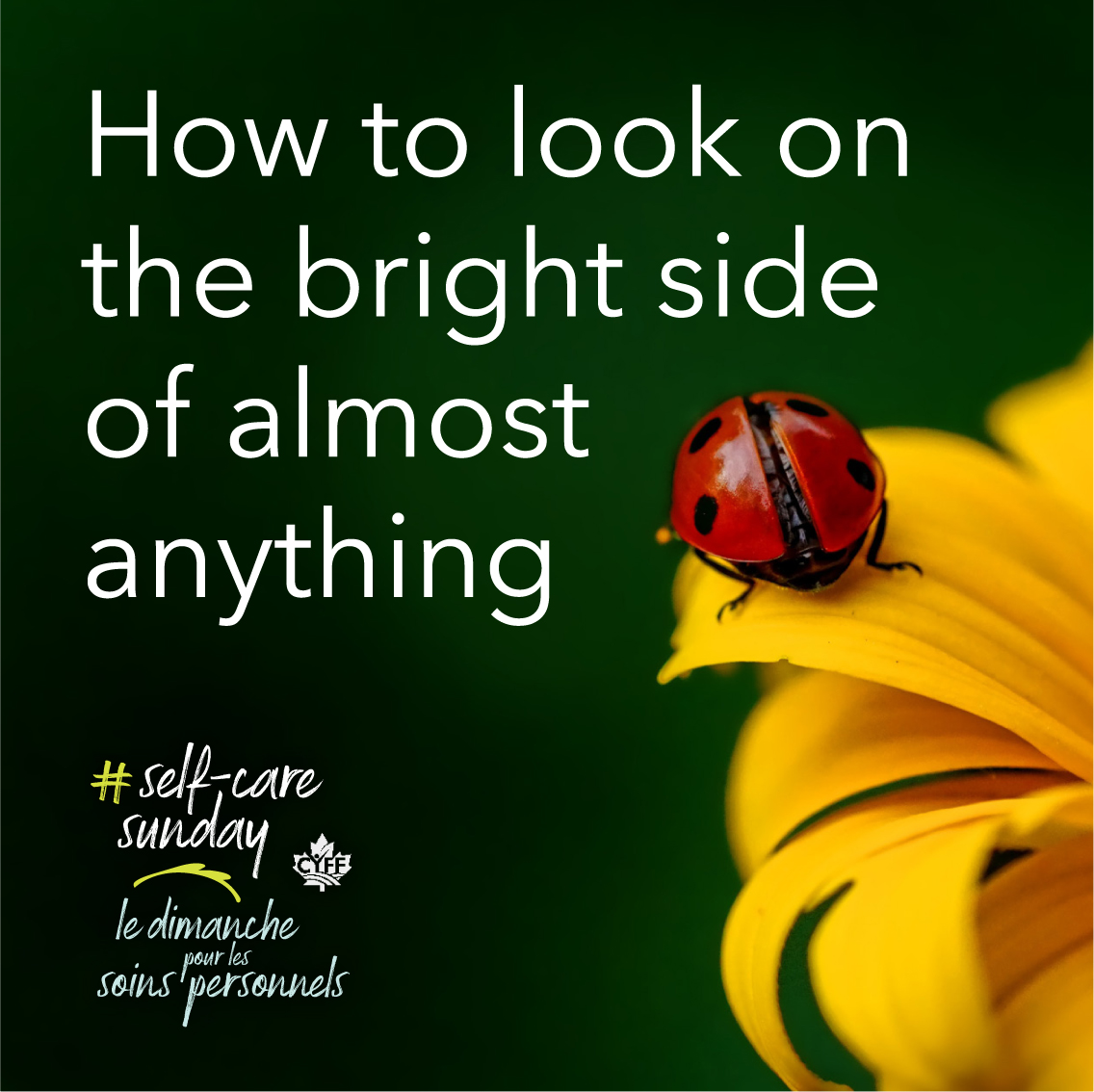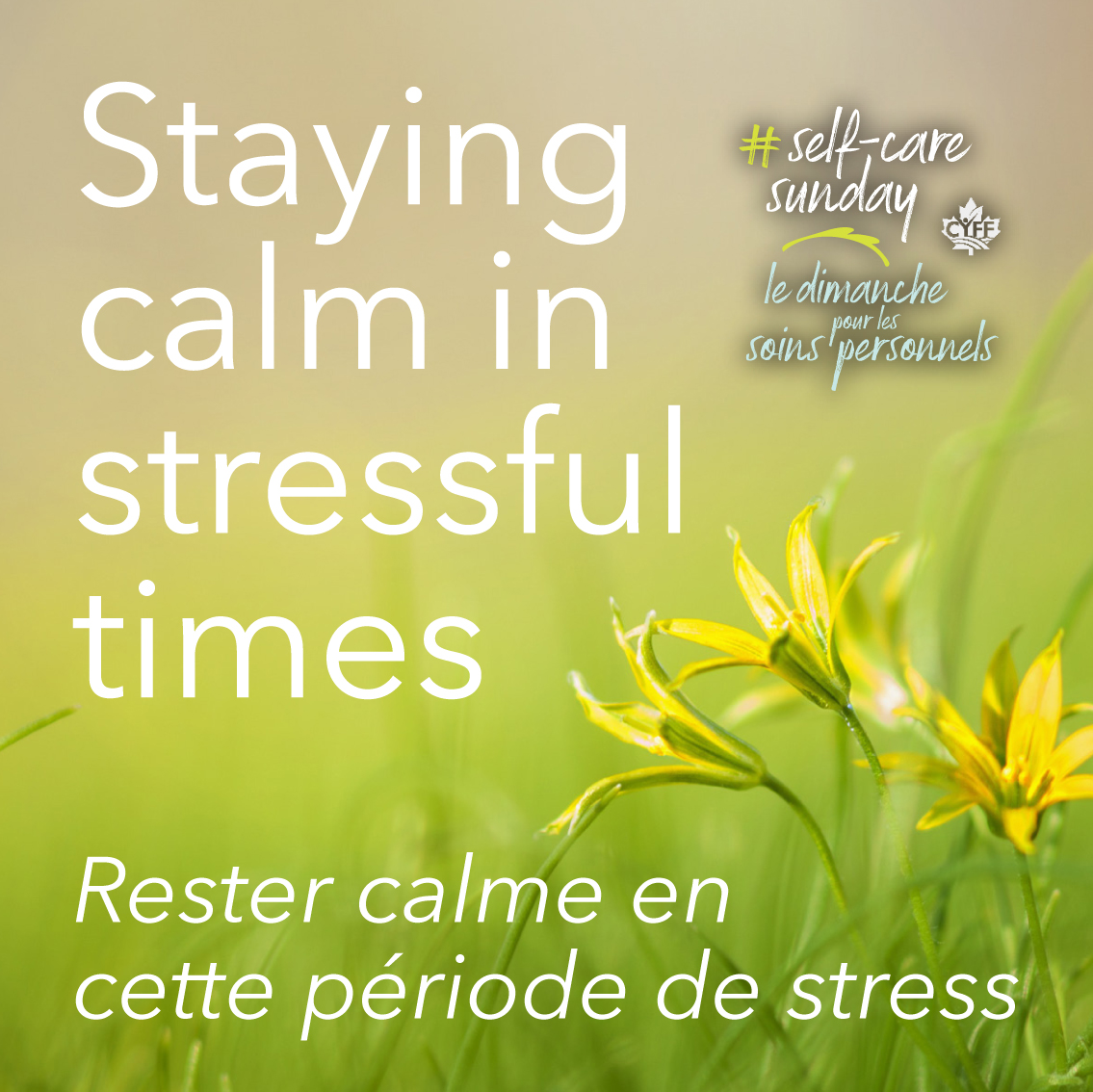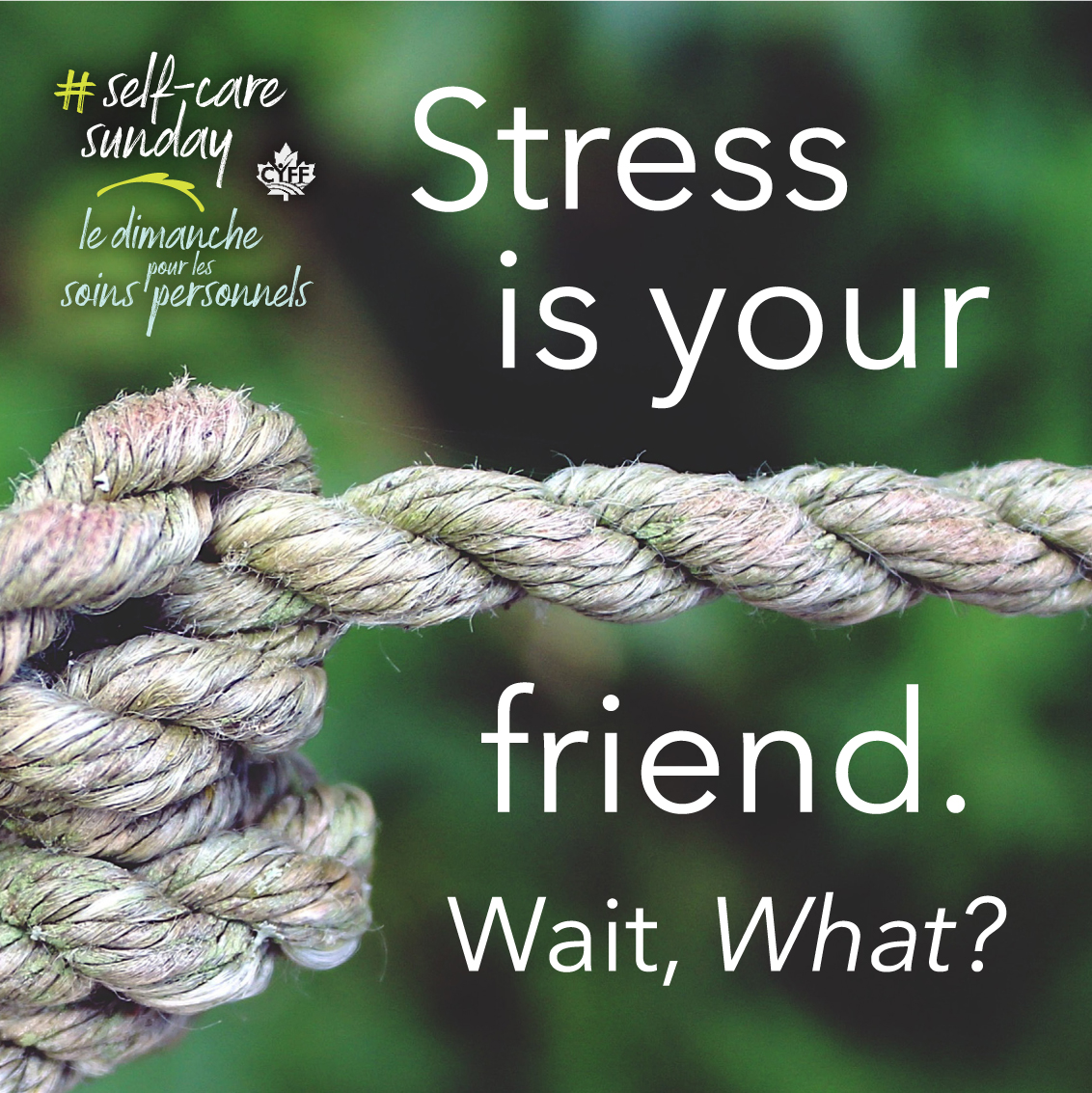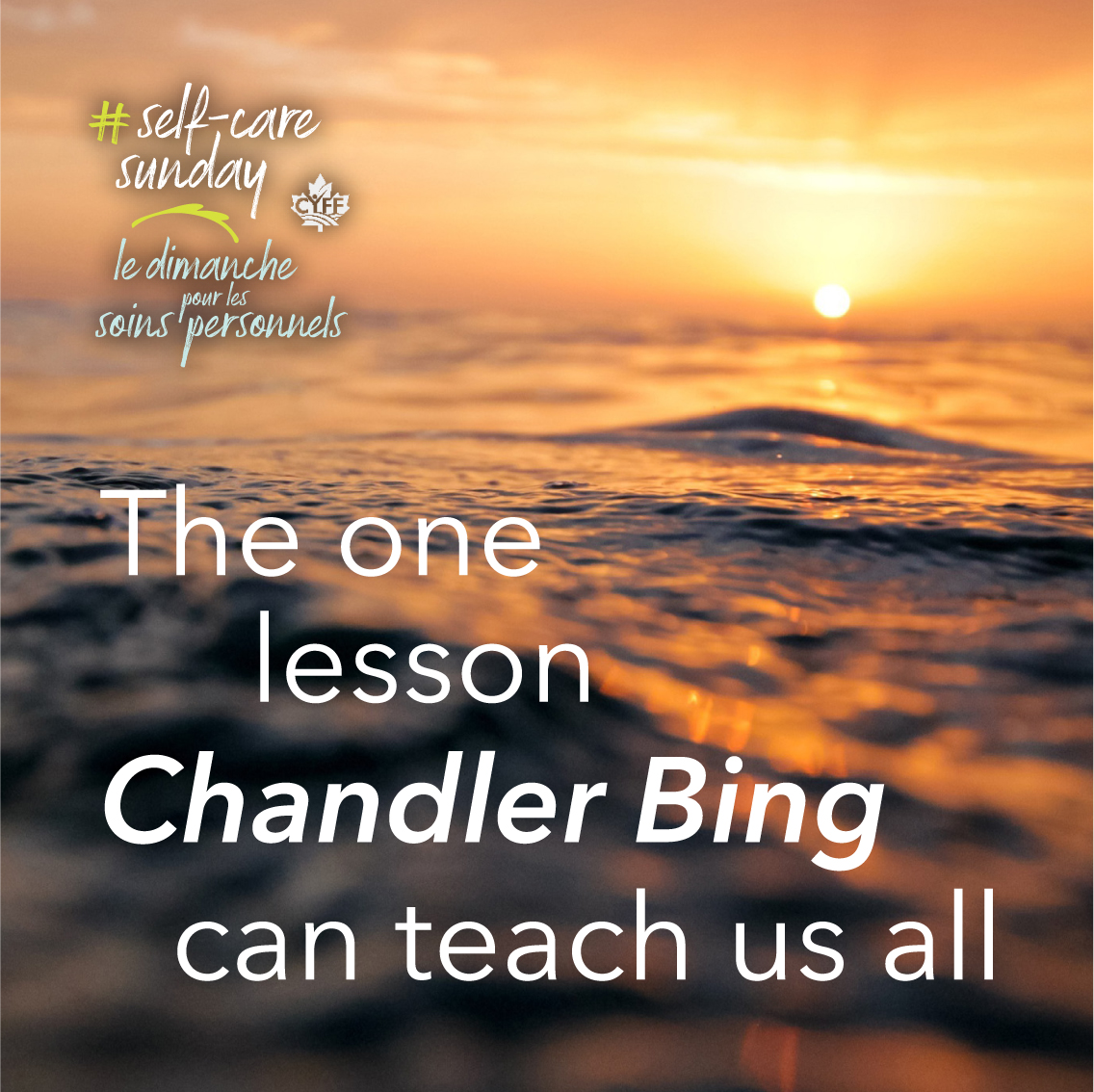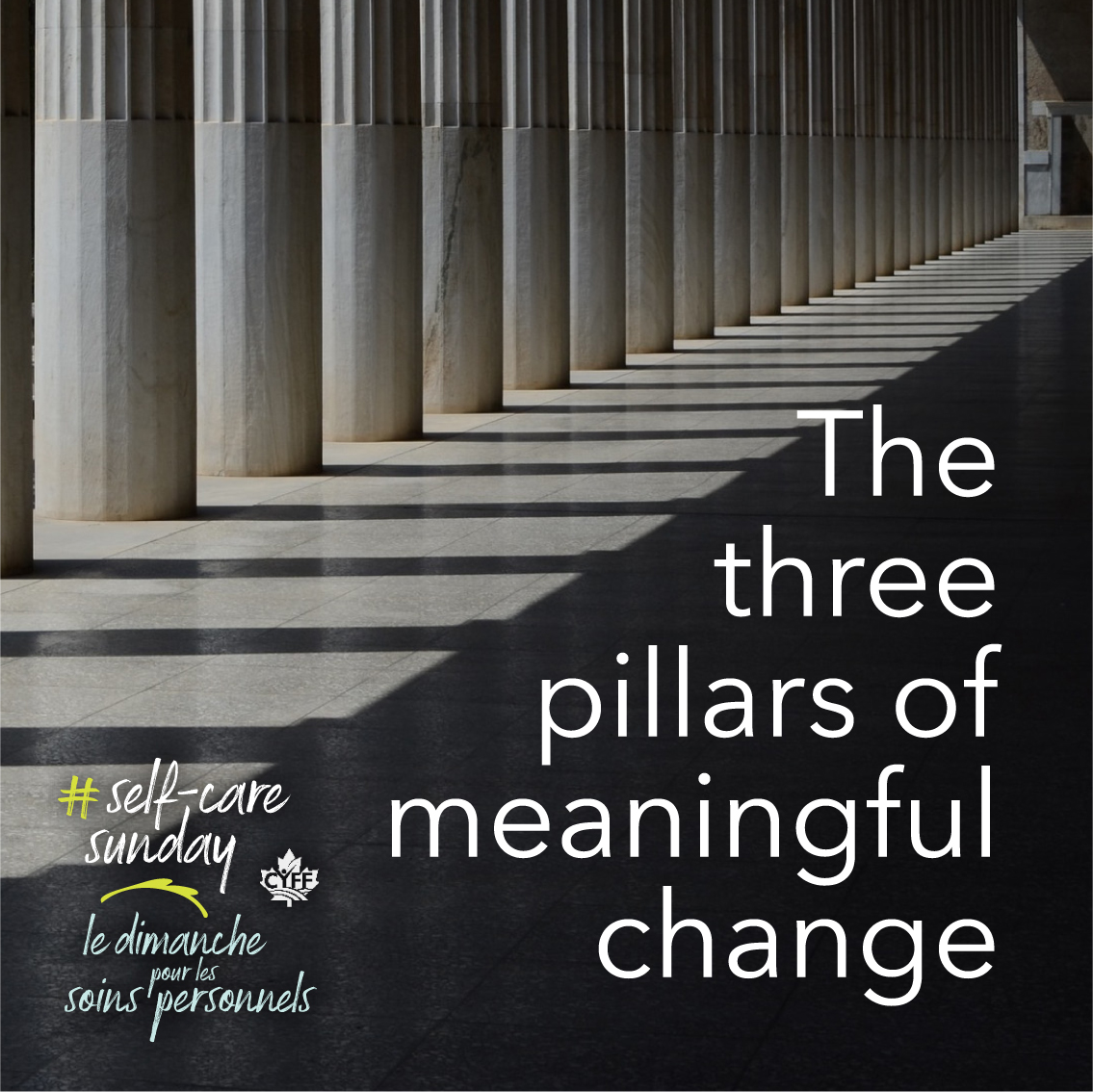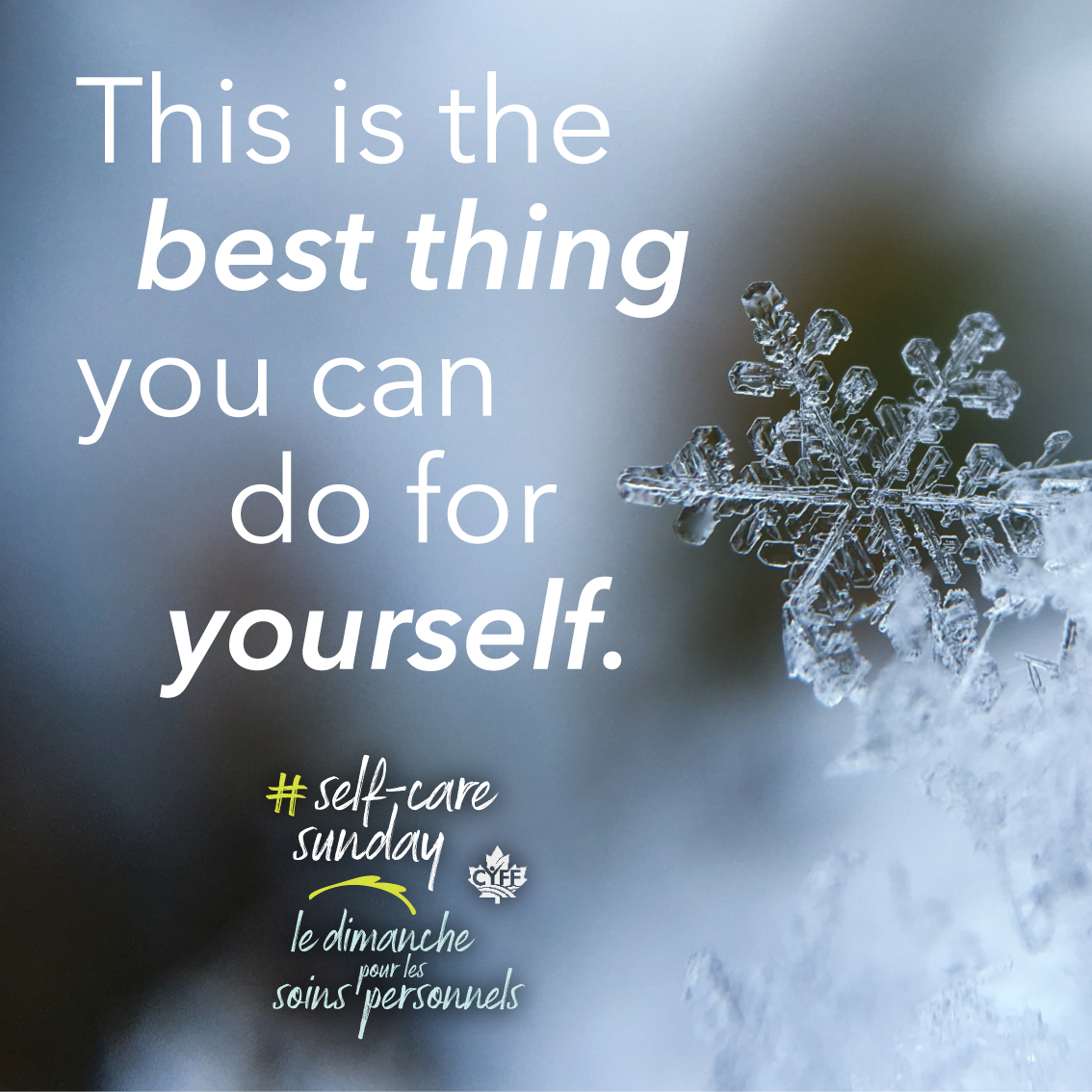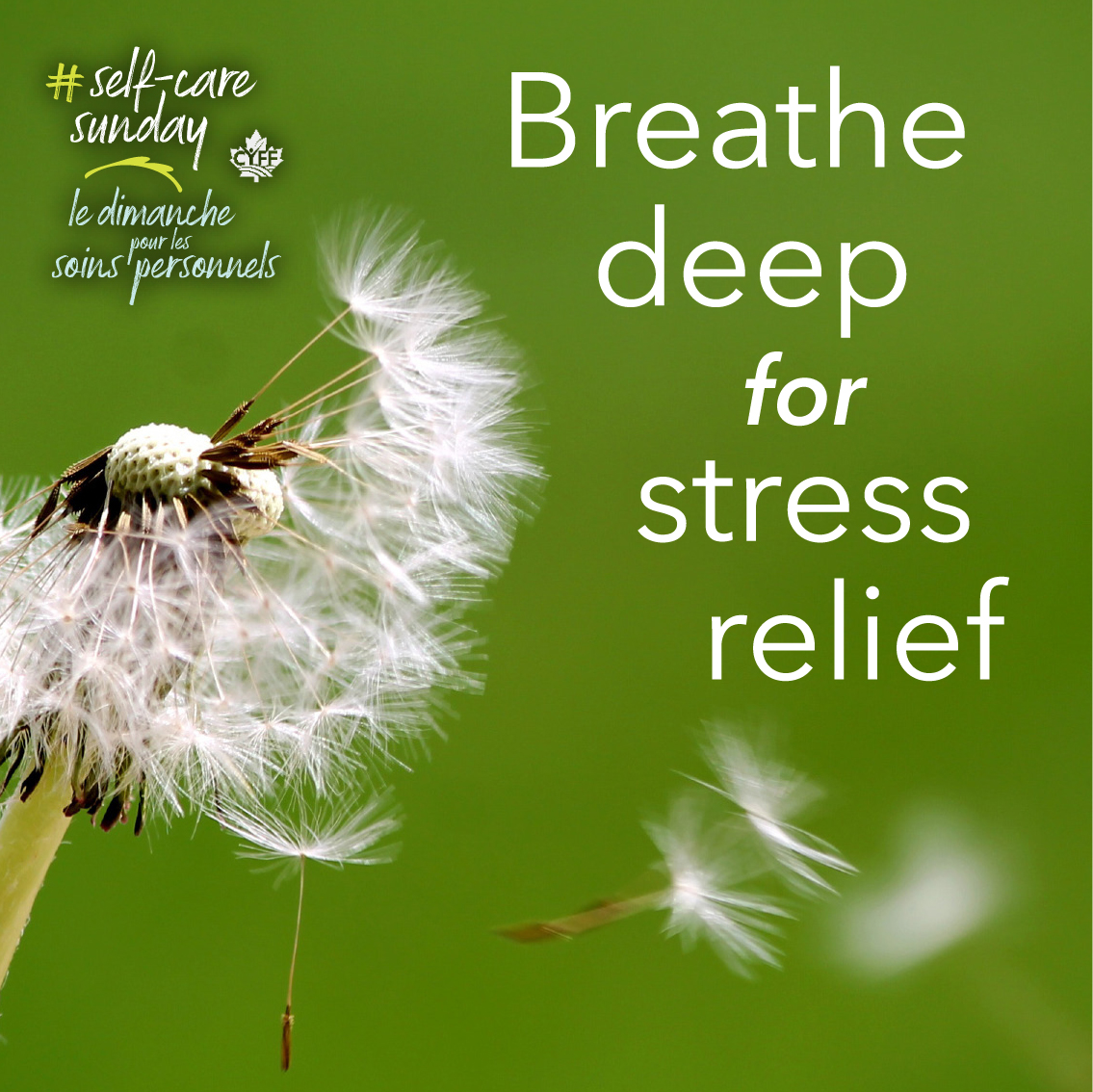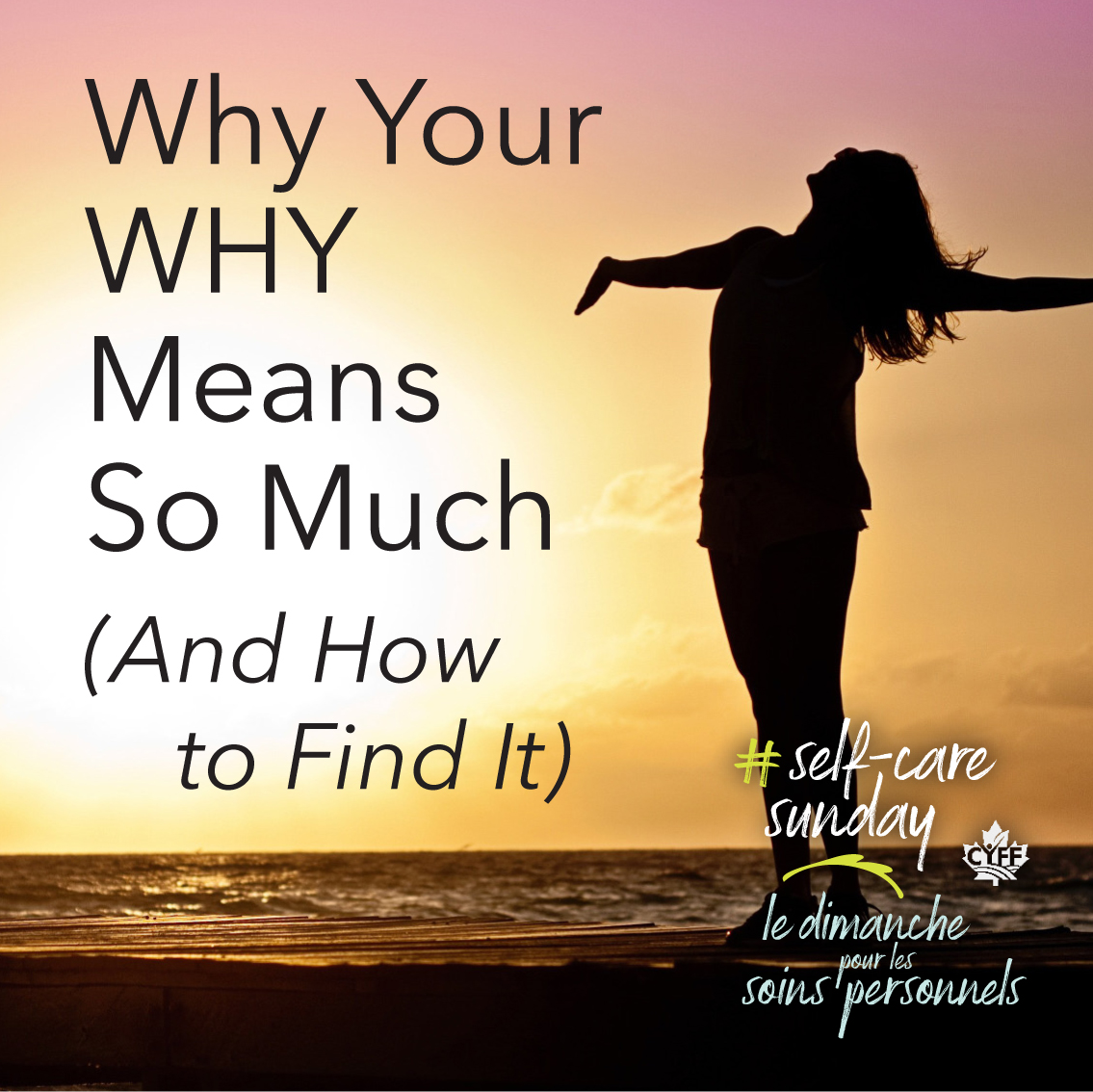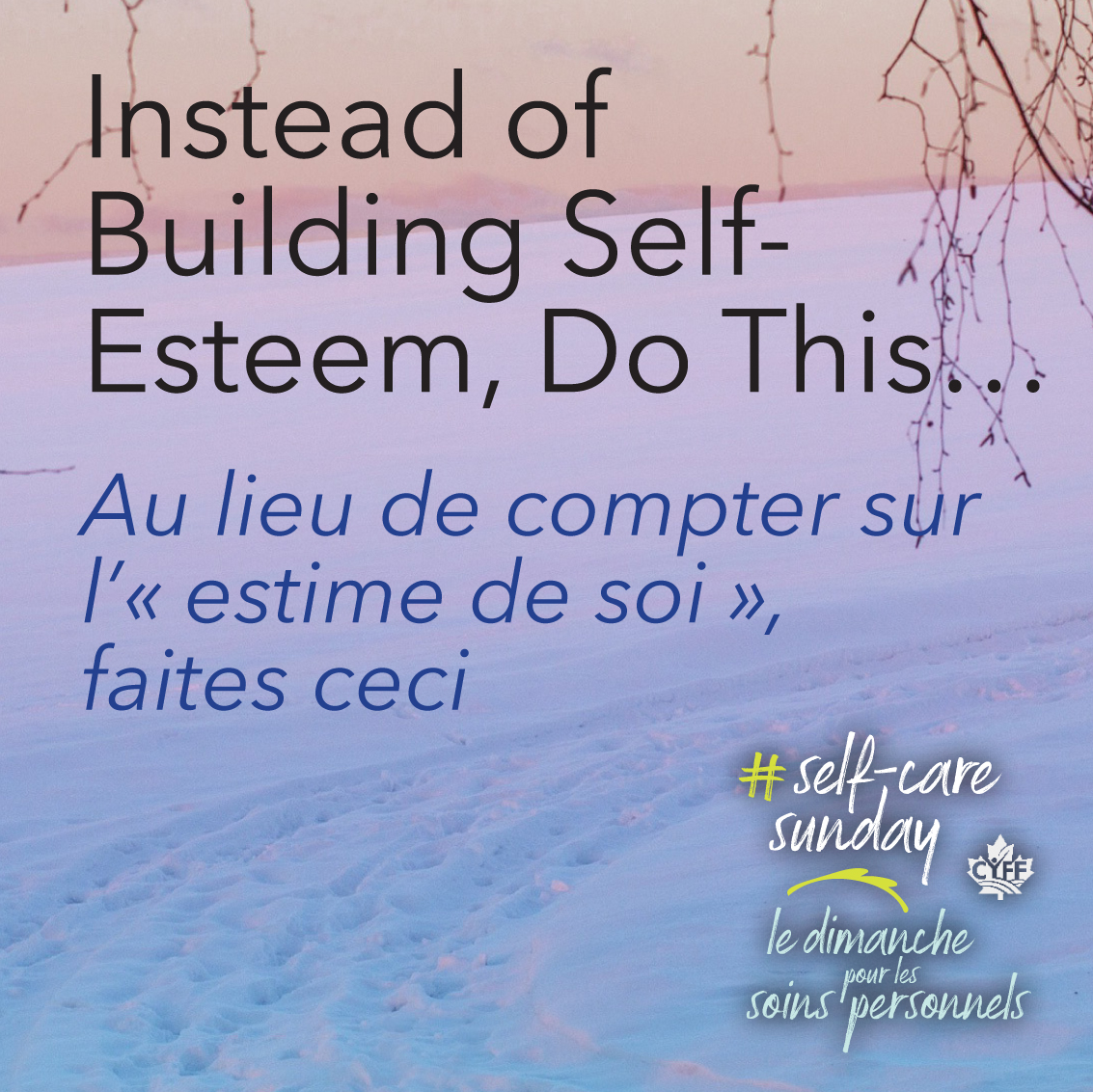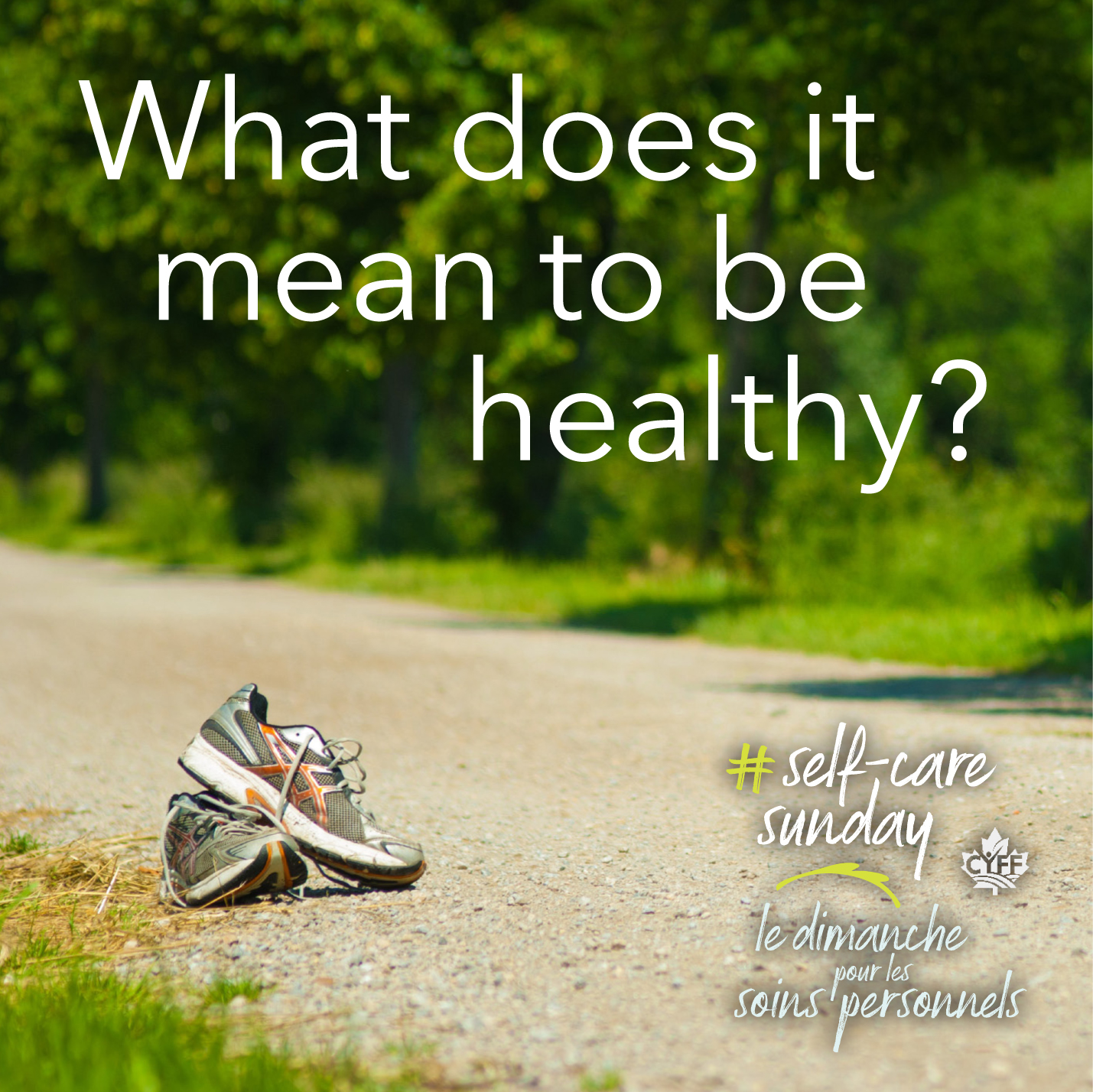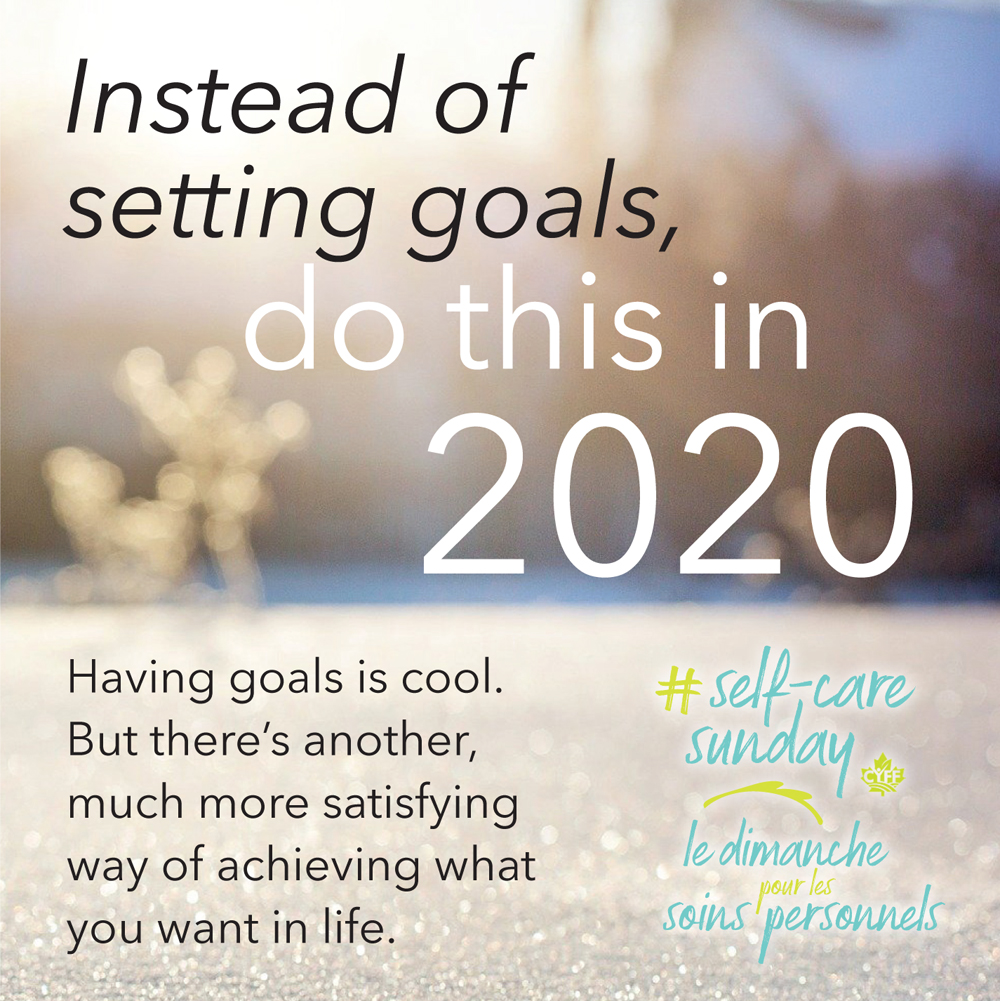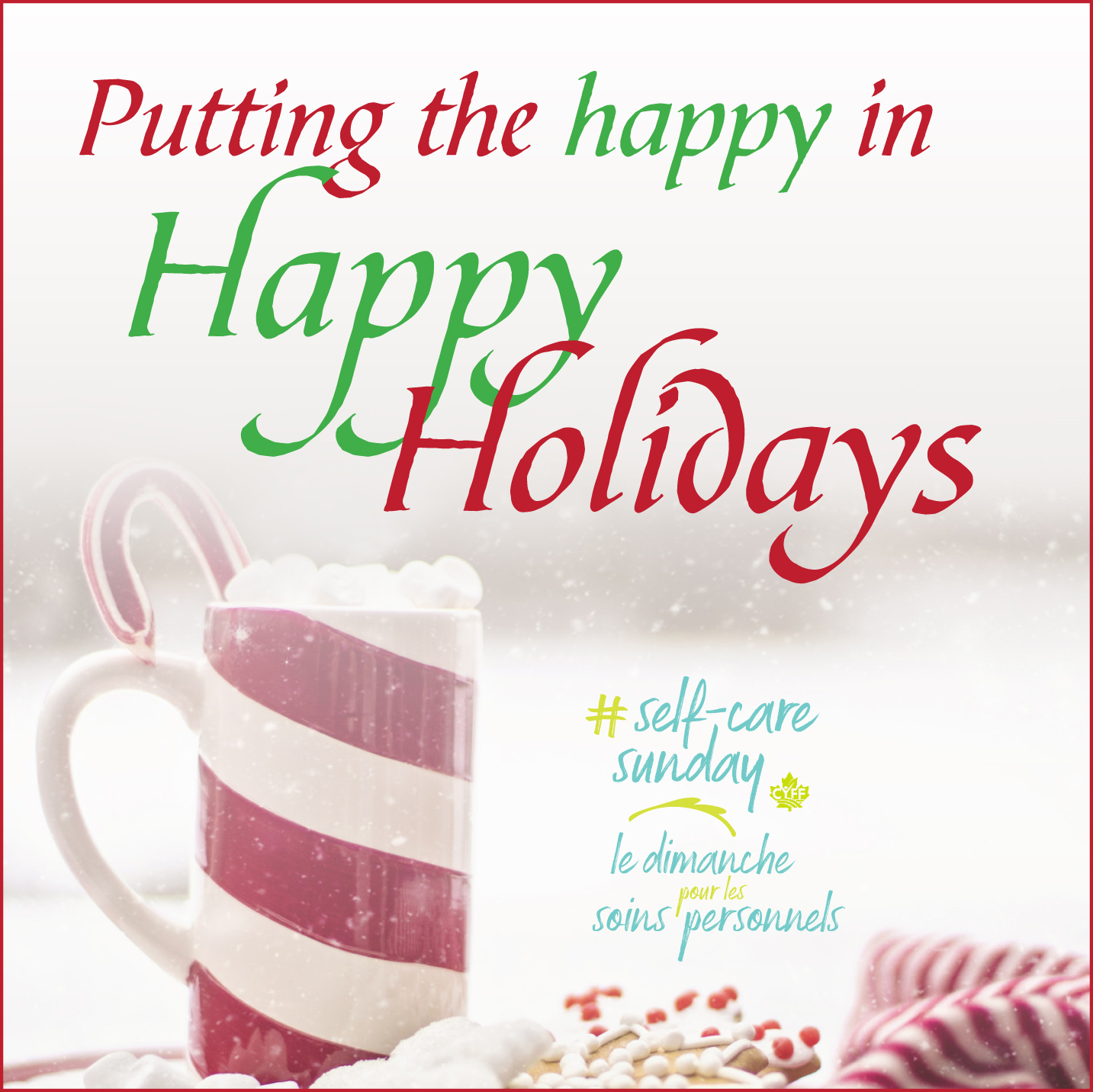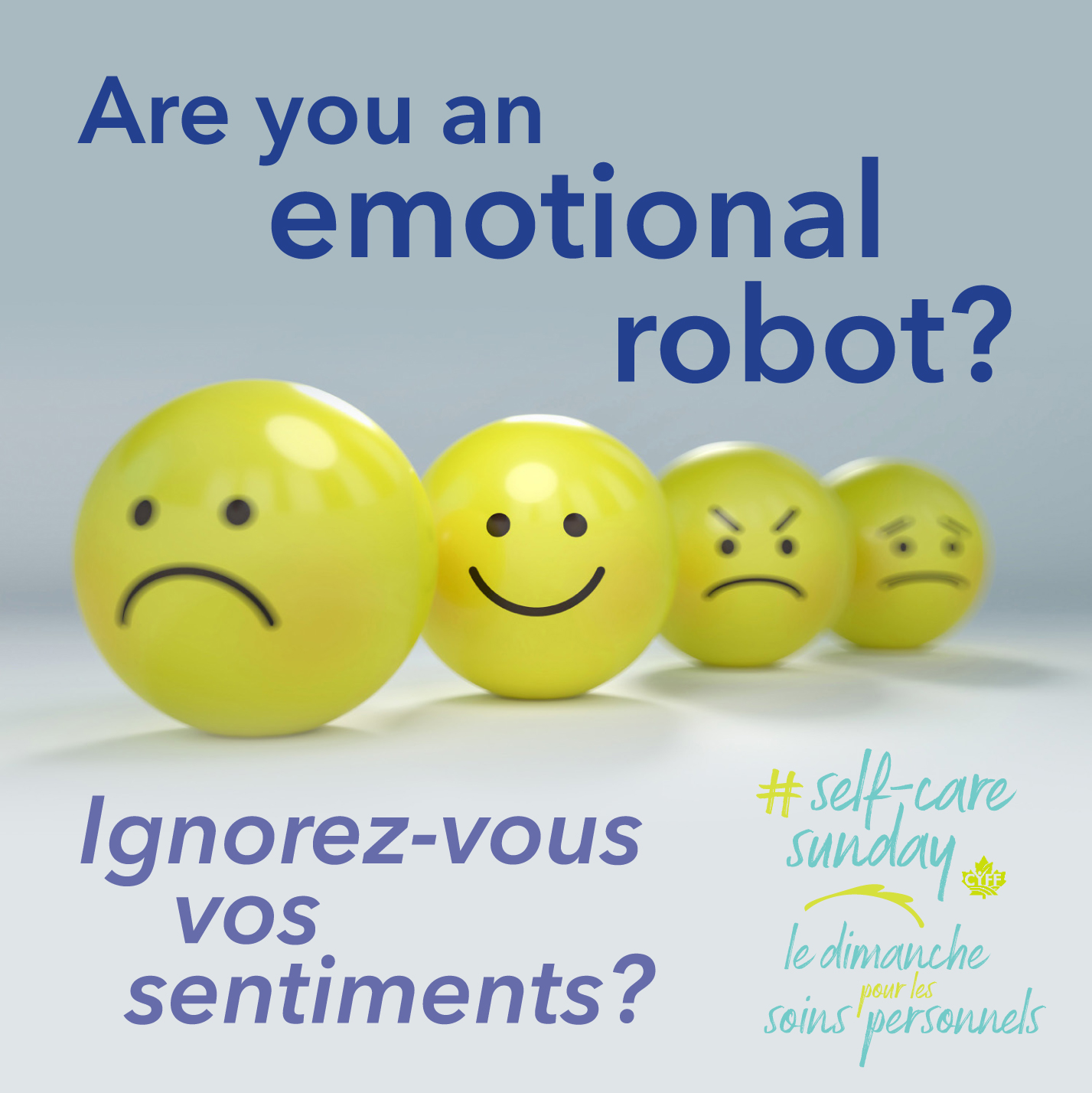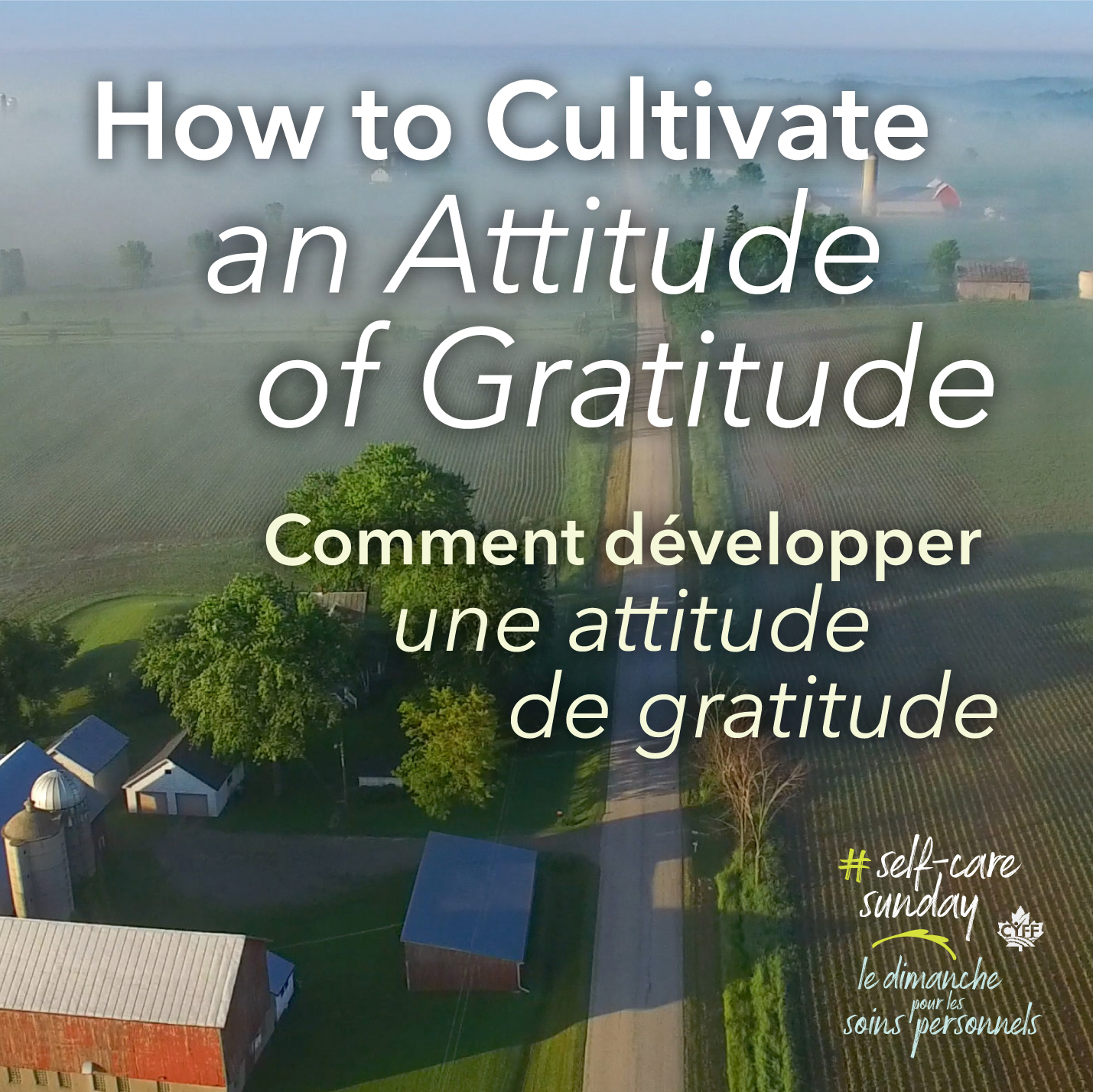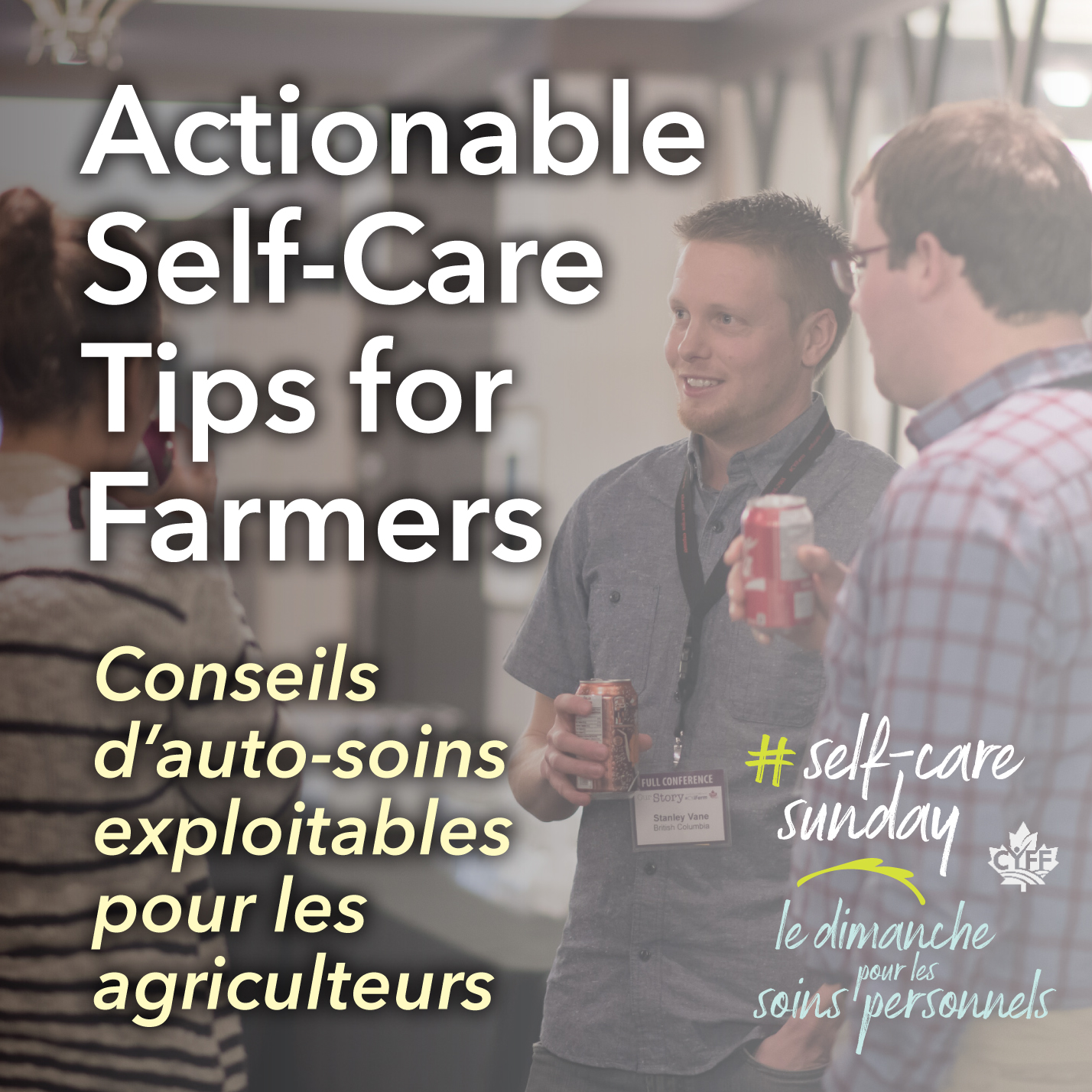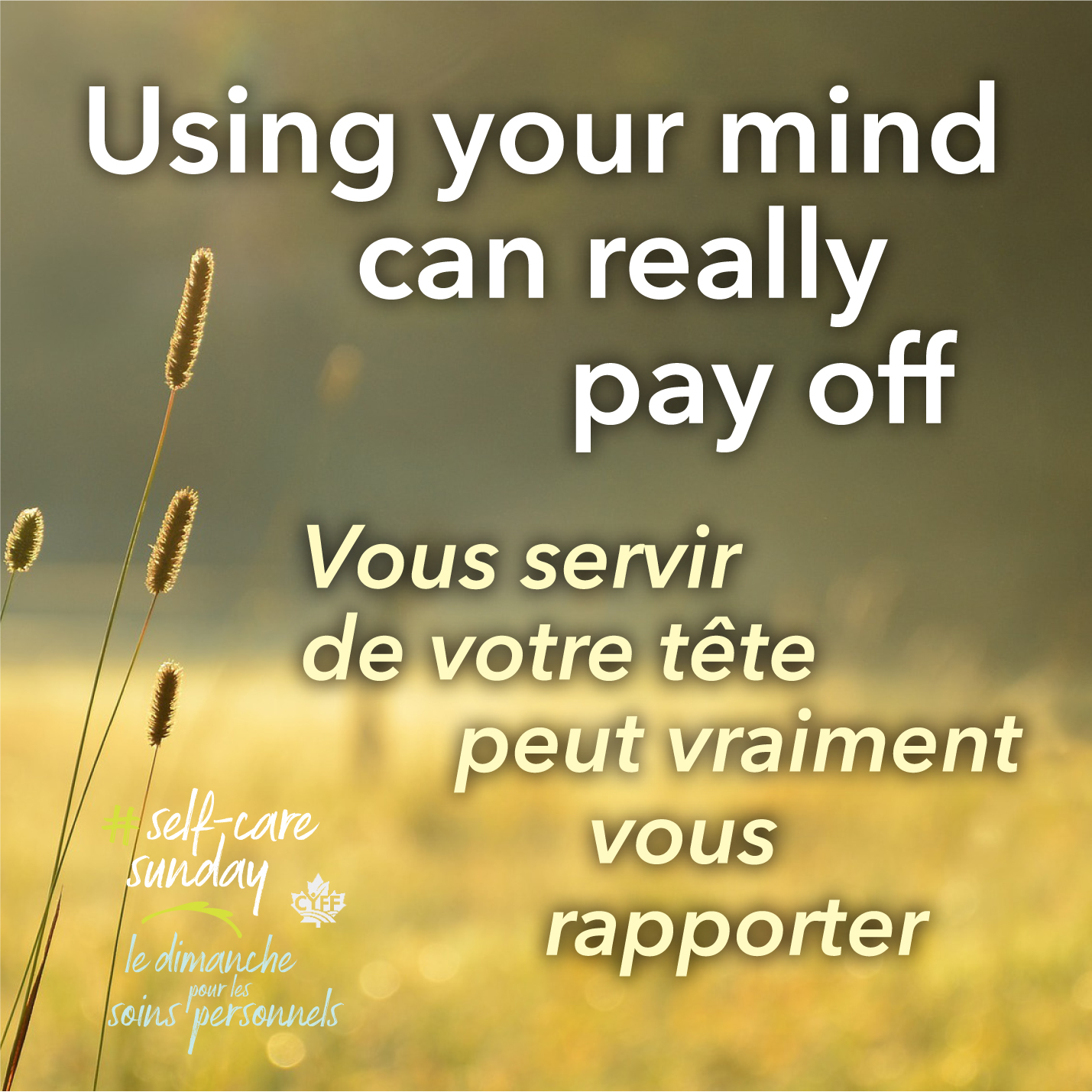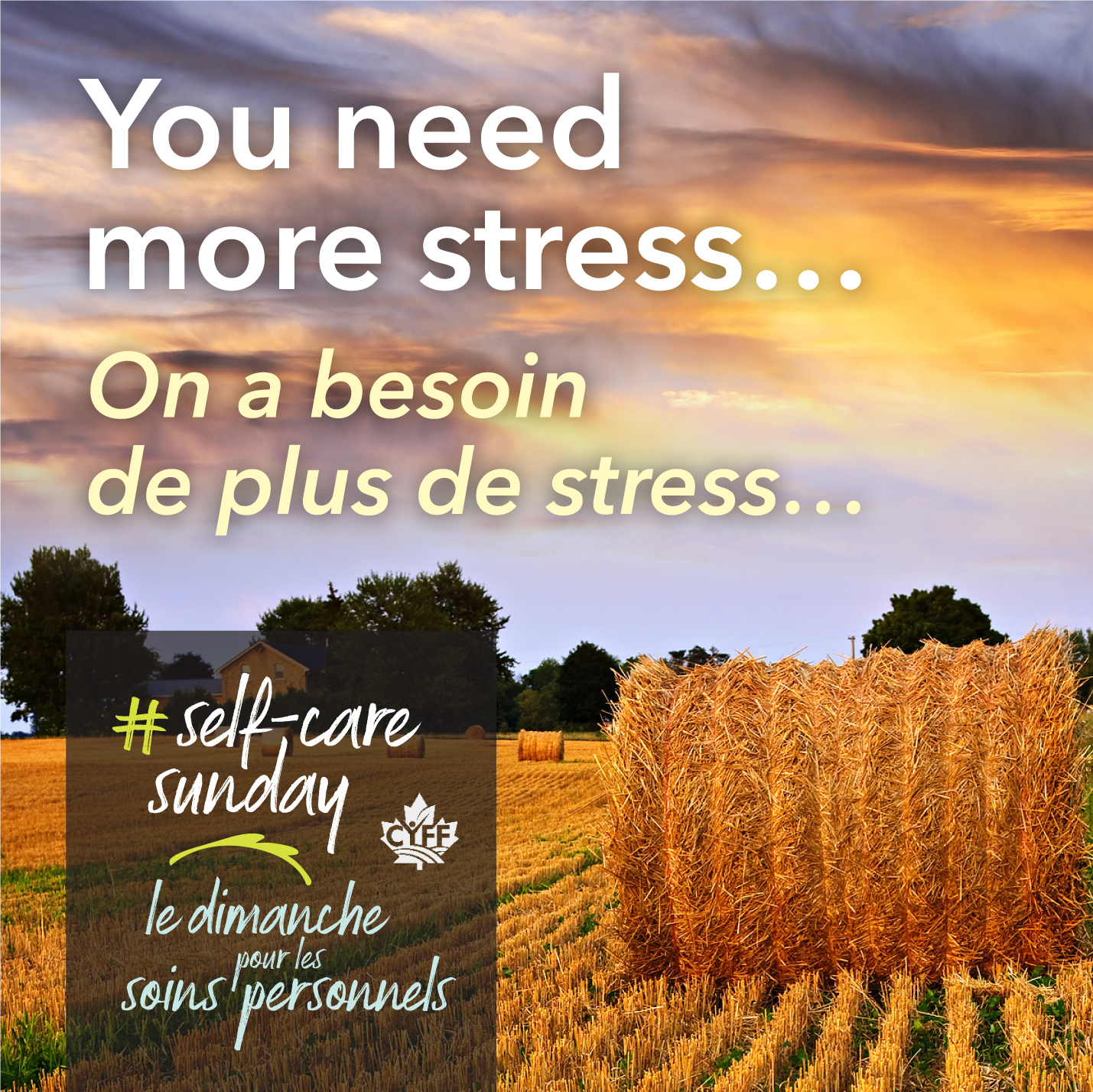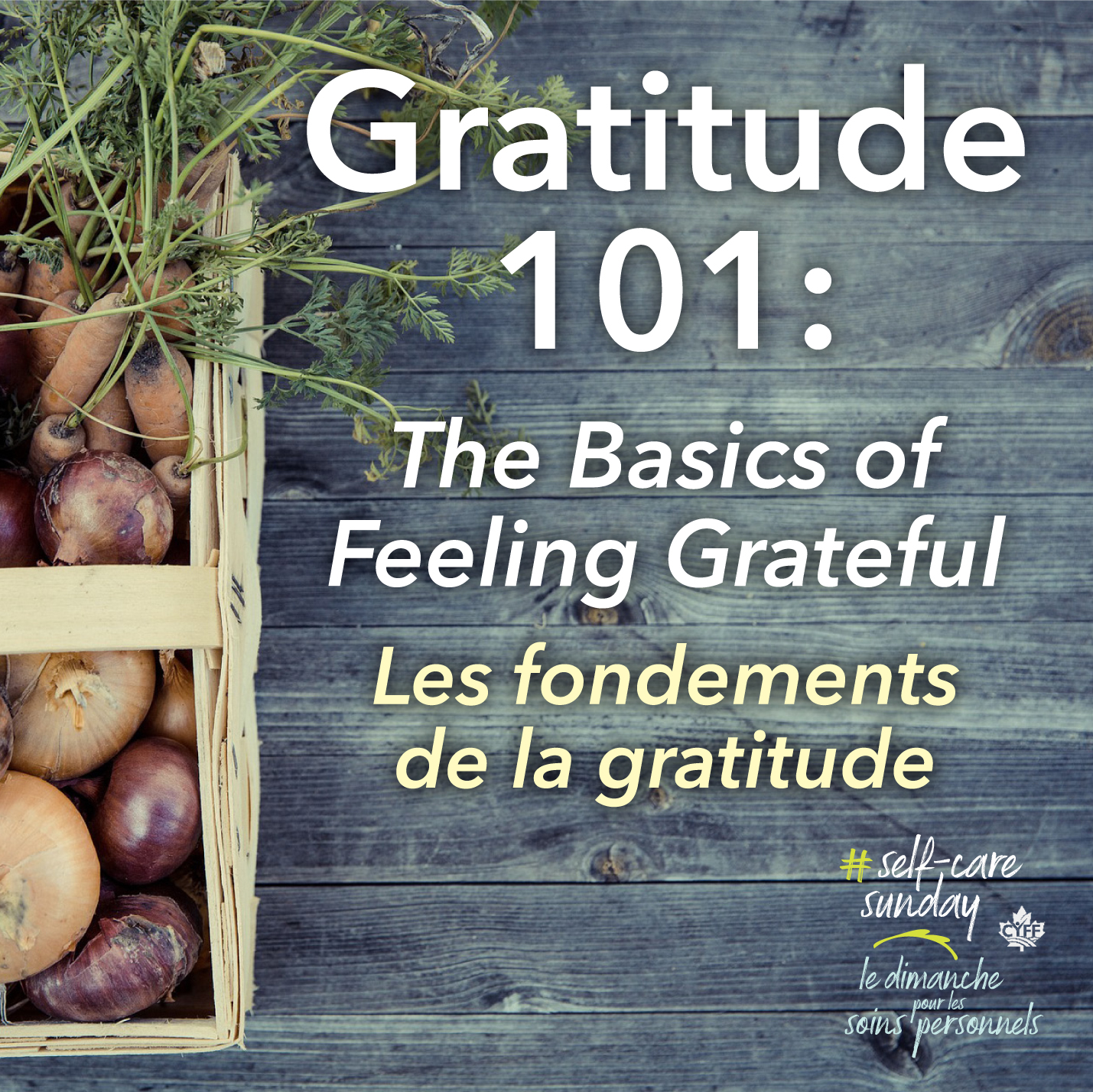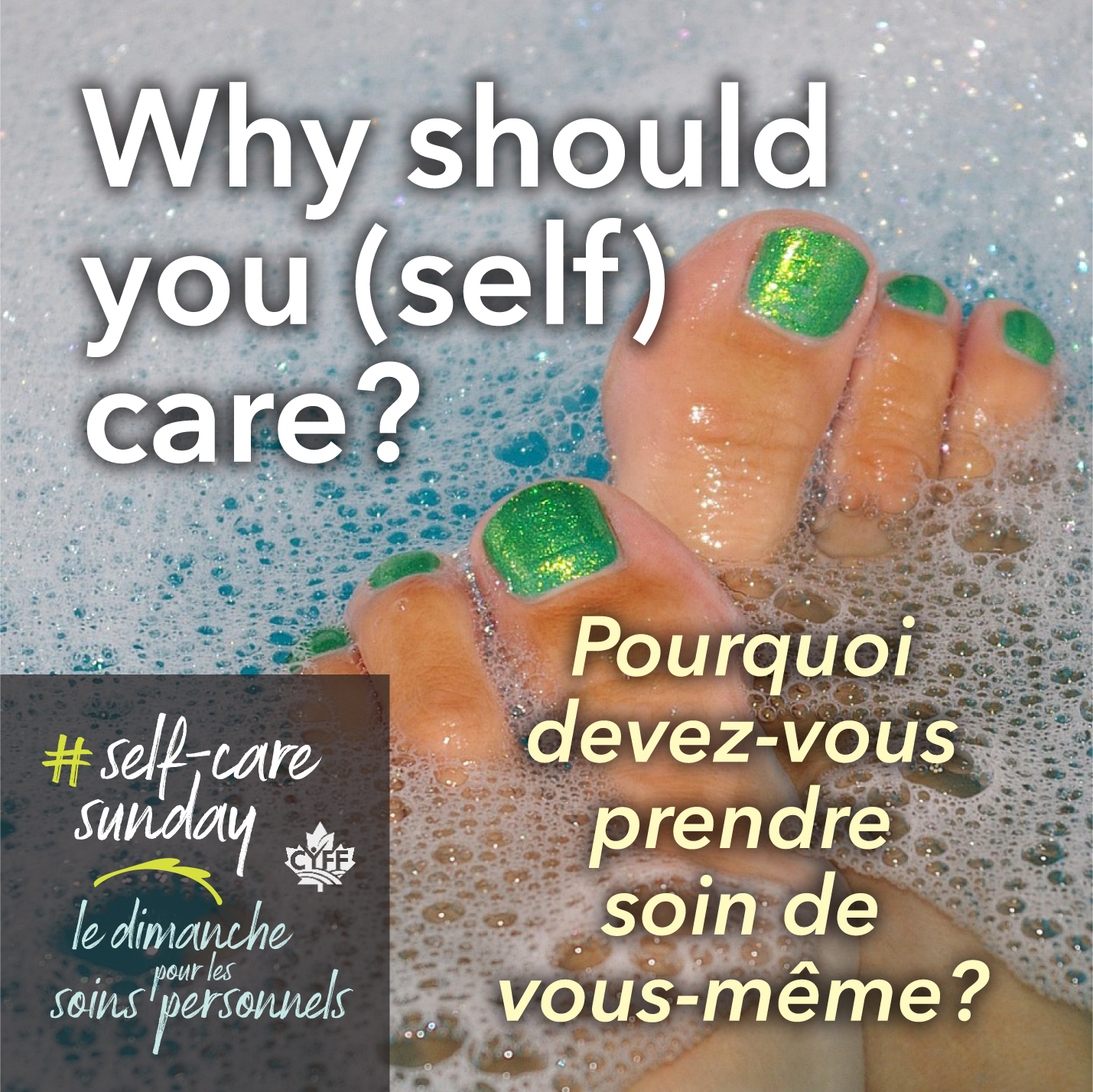
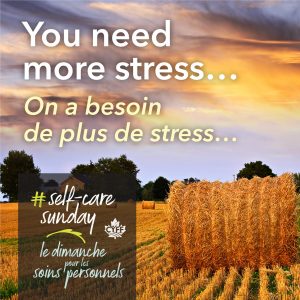
by Jess Campbell
We all know what stress is. But do you ever need more of it? The answer may surprise you….
Farmers are very familiar with stress.
What it is.
What it feels like.
Why it happens.
We are, admittedly, a little less familiar with how to manage it effectively so it stays, well, manageable.
Would you believe it if you read that the answer to managing stress might be more stress?
Don’t click away just yet.
GOOD VS. BAD
Distress is the stress farmers can relate to. By definition, it’s the human response to any change that is perceived as a challenge or a threat. No matter what commodity you’re farming or type of livestock you’re caring for, distress happens daily; it’s part of the job.
A bearing on the tractor breaks off.
Your cattle roll through a fence into a neighbour’s just-planted field.
Your entire family comes down with the same mystery illness that puts a rotating door on the bathroom.
That’s distress.
Eustress, on the other hand, is our body’s natural response to something exciting or anticipatory.
Yes, your beloved old pick-up may’ve died for good but shopping for a new one is pretty fun.
Your partner has gone into labour with your first born and your drive to the hospital is… atypically rapid.
You’ve finally booked an overnight stay at a cottage with some fellow farm friends.
All of these scenarios will likely cause you to feel some level of eustress, or “good” stress. You typically feel lighter, even happier; excited about what’s happening or what’s to come. Focusing comes easier so you’re able to accomplish a task at hand. Overall, eustress generally makes you feel pretty good.
A BALANCING ACT
Eustress invigorates you while distress can deplete you to the point of exhaustion.
So, how do you avoid arriving at the exhaustion stage?
Assuming you’re not already perpetually exhausted, try adding in some eustress so your day isn’t completely filled with distress.
If you’re unsure of what that might look like, consider this: eustress, by definition, has a beneficial effect on your health, motivation, performance and well-being.
What could you implement into your day that benefits you?
Going to bed earlier, even if it’s by 10 or 15 minutes.
Creating a playlist of your all-time favourite (i.e. nostalgic, face-splitting smile inducing) songs and listening while you work.
Shutting the tractor off, getting out of the cab and standing outside so you can breathe in five deep breaths of fresh air.
Calling a friend or your partner just to hear their voice. And your own.
You see, balancing the types of stress in your life doesn’t have to be hard. The key is to do what works and feels good for you. If you’re a night owl and find that you’re super-productive after the sun goes down, it might not actually benefit you to go to bed early (shocking, but not wrong).
The point is –
As a farmer, you already know all about what doesn’t feel good.
So, find what feels good and do more of it, even if it’s just a little more.

by Jess Campbell
It’s inevitable: with farming comes change. How you choose to handle that change – positively or negatively – can make a huge difference.
As a farmer and as a human being, you are going to go through seasons of change in your life – both literally and figuratively. How do you typically handle change? Is it with an open mind, or a closed one? Does change make you feel hopeful or hateful? These may seem like extremes but for as much as humans experience change, not many are great at handling it in a constructive way.
No matter how big or small, change doesn’t have to be something that adds to your stress level or derails you entirely. Here are a few ways to begin handling change in a way that serves you.
ACCEPT THAT CHANGE IS A GIVEN
As much as you may create habits, schedules and routines that feel as if they prove otherwise – change is inevitable. A neighbour you know well decides to move. Someone you care about passes away. You graduate from post-secondary education. You welcome a child into your family and can finally see the next generation of farmers for your operation – only to realize years later that child doesn’t want to be a farmer.
You cannot stop change from happening but you can learn to accept it as it comes. Part of that is understanding that feeling resistant to change is a completely natural and human way to feel.
PATIENCE AND PASSIVITY – KNOW THE DIFFERENCE
Change will happen, and it’s totally human for you to feel resistant to that change (at least, for a little while). But that doesn’t mean you need to lie down and let life walk all over you. Practicing patience when it comes to change means understanding it might take time for you to adjust to whatever “new normal” has been created – and that that’s okay.
GIVE YOURSELF TIME TO ADJUST
Contrary to popular opinion, you don’t have to be 100% ON all the time, and especially not when change is afoot in your life. People will often vilify themselves when they don’t automatically adjust to a new normal. Why? Who says you have to soldier on like nothing has changed? Refusing to acknowledge the change and pushing past how it makes you feel helps no one, least of all yourself. As you give yourself grace, understand that there’s no finite amount of time to adjust; it’s okay to take as much time as you need.
BE PRESENT
Some changes will happen suddenly; others happen slowly over time. Regardless of how fast change happens in your life, focusing on what’s in front of you can help you in that overall adjustment to change. For example, if your pet dies, don’t keep asking yourself when you’re going to get over it (also, see above point on time to adjust). Instead, focus on the small steps in the larger process of adjusting to the bigger change, like putting away your dog’s collar, food and water dishes and sleeping mat – but only when you’re ready.
WELCOME THOSE LEARNING OPPORTUNITIES
AKA, failures, false starts, slip-ups or whatever else you’d like to call them. Part of adjusting to a new normal is learning what you can and can’t handle, how to behave and what feels good to you. Don’t be so quick to judge yourself if you try something and it doesn’t work out. Step back, reassess, try again and give yourself grace.
FIND THE HUMOUR
It’s not unusual to find yourself in a situation where you don’t know whether to laugh or cry. Oftentimes, accepting change generates some pretty laughable situations. If you find yourself there as part of adjusting to change, go ahead and laugh! Even if what you’re laughing at isn’t traditionally funny, allowing yourself to laugh is still helping you process the change. Finding the humour and laughing about it can take the pressure off, at least for a little while.
These are just a handful of ways to help you get better at handling change. The thing is, handling change can be easy as pie for one person and almost impossible for the next. If you feel completely overwhelmed and can’t seem to find a new normal for yourself, please seek out professional help in the form of your primary care provider or a mental health counselor.
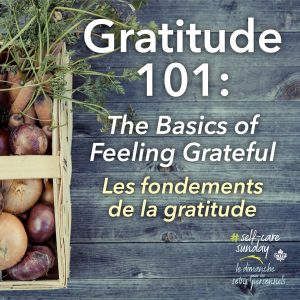
by Jess Campbell
What gratitude is and why it’s an absolute necessity in your life.
Let’s talk about gratitude.
Gratitude is something almost everyone has heard about, knows they “should” do but may not particularly understand the purpose of. Sometimes, you may even find that you’re sick of hearing about how grateful you should feel (because we’re all #soblessed, aren’t we?).
As it turns out, gratitude – understanding it, feeling it, cultivating that feeling in your daily life – is much more powerful and may have a much larger impact than you might think.
For example, it’s almost Thanksgiving in Canada which inadvertently may have you thinking about what you’re thankful for. If it’s been a rough year or even one with several unexpected turns of events, you may not be feeling particularly thankful at the moment. Know that’s okay and a completely normal way to feel if 2019 has been anything but stellar for you so far. But also know that learning to cultivate an “attitude of gratitude” packs a powerful punch when it comes to the desire to live a happier life, despite the ups and downs.
WHAT IS GRATITUDE?
According to Robert Emmons, Ph.D., the world’s leading expert on gratitude and professor of psychology at the University of California, Davis, gratitude has two components. In his article Why Gratitude is Good Emmons says, first, that gratitude is “an affirmation of goodness. We affirm that there are good thing(s) in the world, gifts and benefits we’ve received… gratitude encourages us to identify some amount of goodness in our life.”
The second component of gratitude, according to Emmons, is recognizing “the sources of goodness as being outside ourselves. It didn’t stem from anything we necessarily did ourselves in which we might take pride. We acknowledge that other people – or higher powers – gave us many gifts, big and small.”
In a nutshell, gratitude occurs within us when something of value to you is freely given, like when we have a productive day (your value) in the field because of good weather (freely given); when you receive a clean bill of health from your doctor; or when someone you care about gives you hug, just because.
WHY PRACTICE GRATITUDE?
If you’re someone who prefers ideas backed by solid science, you’re in luck when it comes to practicing gratitude. There have been hundreds of studies conducted over the last several years indicating all kinds of reasons gratitude is good for our health, both mental and physical. You may want to think about cultivating an attitude of gratitude because doing so has been shown to, among other things:
- Reduce symptoms of anxiety and depression
- Benefit our bodies by improving sleep, reducing blood pressure, strengthening the immune system and encouraging exercise
- Improve resilience
- Strengthen relationships
- Bring us happiness
The research also suggests that you can benefit from cultivating gratitude in your life even when you’re facing adversity. Who wouldn’t want to learn how to feel better when the weather isn’t cooperating and harvest is delayed, several cows have mastitis AND your new tractor just broke down?
CHOOSING TO LIVE GRATEFULLY
We live in a culture that can, at times, make feeling grateful very difficult. When tragedy strikes, when someone you love passes away or when you lose faith in government or in humanity – gratitude can end up being the furthest emotion from your mind.
The benefits of intentionally living with gratitude are clear. Yet, gratitude is a choice. You choose to appreciate those things and experiences of value to you when they’re freely given – a warm bed on a cold night, the beautiful fall colours or, quite simply, your next breath. As we approach Thanksgiving, know that you have the power to feel grateful for even the smallest things in your life. You do not need a holiday to feel grateful for the everyday.
Our next article in our Self Care Sunday Series will focus on specific actions and tips for cultivating an attitude of gratitude. Until then, may you choose to experience moments of gratitude every day. Happy Thanksgiving!


